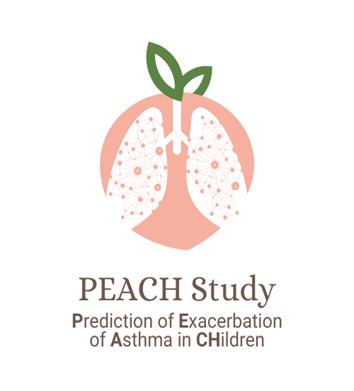
About
The research aims to evaluate the utility of environmental data, not typically included in predictive models, in enhancing asthma exacerbation prediction models, and to examine the potential clinical efficacy of this model.
Phase 1- a retrospective longitudinal analysis will be conducted on Ontario residents aged 1-18 years with prevalent asthma between January 1, 2018, and December 31, 2023. The study will utilize multiple data sources, including demographic information, healthcare utilization records, prescription medication history, and environmental data, to develop a comprehensive dataset. A gradient boosting decision tree model will be trained using this dataset to predict the risk of severe asthma exacerbations over the next three months.

Impact
Recent studies have demonstrated the potential of leveraging machine learning (ML) algorithms in predicting severe asthma exacerbations in various patient populations. Despite these advancements, there is limited exploration into the combined use of widely collected and reliable administrative data with environmental, and social risk factors in predicting severe asthma exacerbation in children. To address the knowledge gap, we aim to develop a novel ML model using large-scale administrative health data and environmental data to predict the risk of acute asthma exacerbation. This project has the potential to enable healthcare providers to identify and manage children at higher risk of severe asthma exacerbation more effectively.